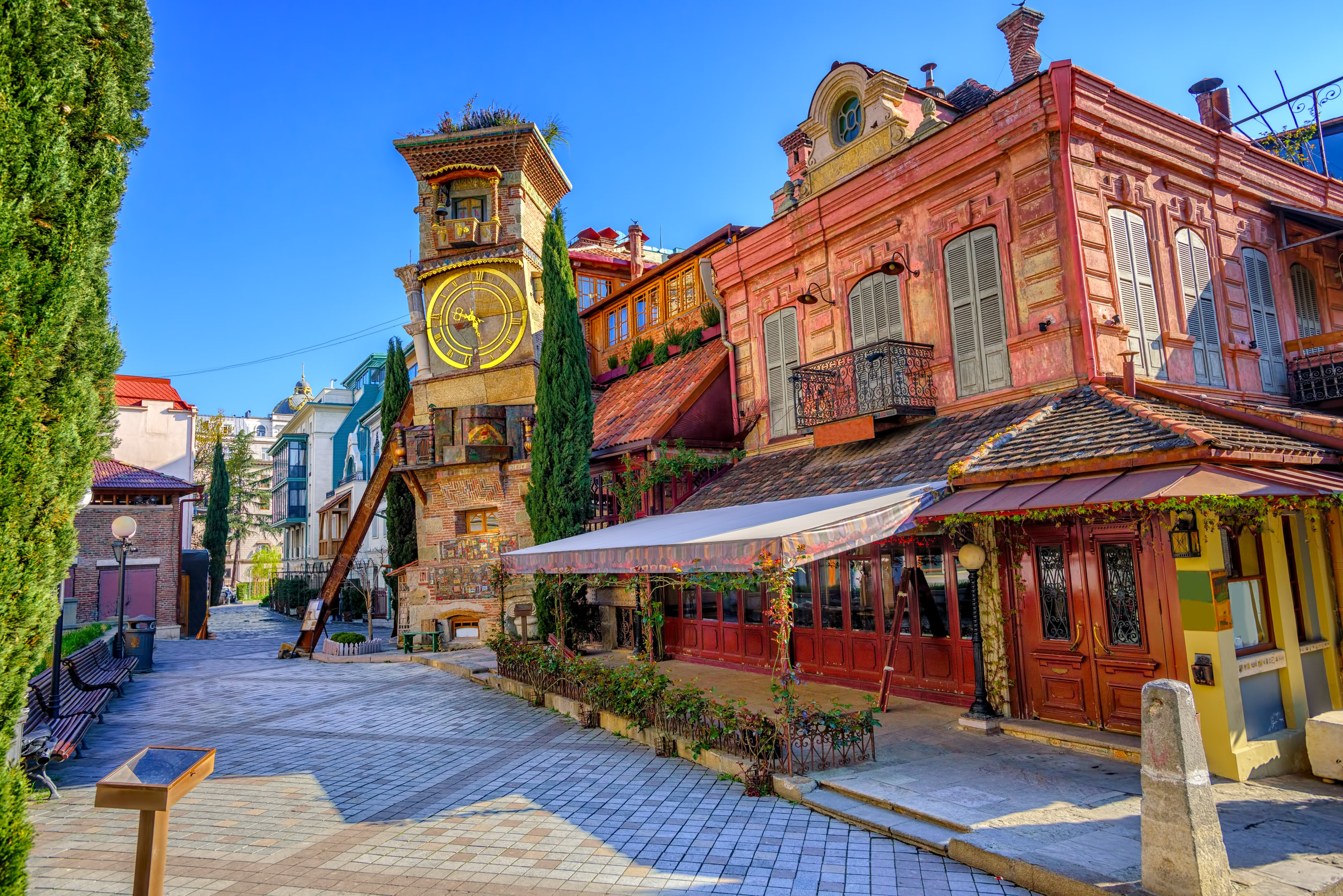Leadership is as much about vision as it is about making decisions that bring that vision to life. For leaders at any level, the ability to make clear, strategic choices can determine not only their success but also the success of their teams and organisations. But how do effective leaders make decisions, and can they refine their process to achieve better outcomes?
Understanding the Decision-Making Process
Leaders face various choices daily, ranging from small operational decisions to large, high-impact ones. The decision-making process begins with identifying a problem or opportunity, gathering relevant information, evaluating alternatives, making a choice and then taking action.
But for leaders, it's not just about selecting an option—it's about choosing the one that aligns with long-term goals, organisational culture and values. By developing a deeper understanding of their decision-making process, leaders can learn to make more strategic and informed choices.
Can Leaders Make More Strategic Choices?
Yes! Leaders who are aware of the steps involved in making decisions can optimise their approach. Strategic choices are rooted in a clear understanding of objectives and a careful weighing of risks and rewards. When leaders learn to dissect their decision-making process, they can identify biases, improve objectivity and refine their strategies, leading to better outcomes.
Key Components of Effective Decision-Making
Every good decision-making process has several core elements. Leaders can break down these components to sharpen their skills:
1. Problem Identification: The first step is recognising the issue or opportunity that requires a decision. Clear problem identification leads to focused solutions.
2. Information Gathering: This involves collecting relevant data, consulting with stakeholders, and reviewing past outcomes to make informed decisions.
3. Option Evaluation: Leaders should weigh the pros and cons of each alternative. It's important to consider short- and long-term consequences, resources and risks.
4. Making the Choice: At this point, leaders must commit to a decision. While this step may feel like the culmination of the process, it is essential to be flexible and open to revisiting decisions if necessary.
5. Implementation and Follow-up: Putting the decision into action is critical, and so is monitoring its outcomes. Leaders should be ready to make adjustments and learn from results to improve future decisions.
The Ingredients of Personal and Professional Decisions
Both personal and professional decisions involve similar ingredients. At the core are factors like:
- Values and Beliefs: Personal ethics guide a leader's professional actions.
- Risk Tolerance: How much uncertainty is a leader willing to accept?
- Emotional Intelligence: Understanding and managing emotions plays a critical role in decision-making.
- Analytical Thinking: The ability to assess data, trends and patterns informs more logical decisions.
Incorporating these elements into a structured decision-making process can help leaders make more thoughtful and balanced choices.
Evidence-Based Decision-Making
Research shows leaders who use evidence-based decision-making—relying on data, insights and past experiences—tend to make higher-quality decisions. These leaders analyse potential outcomes, consult diverse perspectives and avoid impulsive reactions. By grounding their decisions in facts, they increase the likelihood of success and reduce the risk of costly mistakes.
Evidence also suggests that leaders who practice reflective thinking after making decisions improve over time. Learning from what worked, what didn't, and why certain choices led to specific outcomes helps refine future strategies.
Actionable Tips to Improve Strategic Decisions
Here are a few tips for leaders looking to enhance their decision-making abilities:
1. Take Time for Reflection: Before making major decisions, take time to consider the possible consequences.
2. Gather Diverse Input: Involve stakeholders or team members with different perspectives to avoid blind spots.
3. Leverage Data: Use both qualitative and quantitative data to guide choices. The more information you have, the more informed your decisions will be.
4. Stay Flexible: Be willing to adjust your decision if new information emerges. Flexibility is a key trait of solid leadership.
5. Develop Self-Awareness: Understand your biases and preferences and strive to mitigate them in your decision-making process.
6. Learn from Experience: Reflect on past decisions—both successes and failures—and use those insights to inform future choices.
Take the Next Step in Leadership Development
Strategic decision-making is an essential skill for any leader and can always be refined. If you want to develop your decision-making abilities further and lead with more significant impact, consider joining the Leadership and Organisational Culture Training Course offered by London Training for Excellence. This course provides valuable tools and insights to help leaders at all levels enhance their decision-making and create lasting change within their organisations.
Written by London Training for Excellence Team
All Courses
 Business Administration
Business Administration
 Chemical Engineering
Chemical Engineering
 Communications and Public Relations (PR)
Communications and Public Relations (PR)
 Compliance and Legal
Compliance and Legal
 Contract and Project Management
Contract and Project Management
 Customer Experience and Relationship Management
Customer Experience and Relationship Management
 Energy and Sustainability
Energy and Sustainability
 Finance and Accounting
Finance and Accounting
 Health, Safety and Environment
Health, Safety and Environment
 Human Resources and Talent Development
Human Resources and Talent Development
 Industrial Manufacturing and Production
Industrial Manufacturing and Production
 Innovation and Artificial Intelligence (AI)
Innovation and Artificial Intelligence (AI)
 Leadership and Management
Leadership and Management
 Oil and Gas
Oil and Gas
 Procurement & Supply Chain Management
Procurement & Supply Chain Management
 Quality and Productivity
Quality and Productivity
 Retail and E- Commerce
Retail and E- Commerce
 Sales and Marketing
Sales and Marketing
 Sports Event Management and Operations
Sports Event Management and Operations
 Strategy and Business Planning
Strategy and Business Planning
 Sustainability and CSR
Sustainability and CSR
Learning Solutions
iLearn Blog
About Us
 Directory Calendar
Directory Calendar
 Contact Us
Contact Us
All Courses
 Business Administration
Business Administration
 Chemical Engineering
Chemical Engineering
 Communications and Public Relations (PR)
Communications and Public Relations (PR)
 Compliance and Legal
Compliance and Legal
 Contract and Project Management
Contract and Project Management
 Customer Experience and Relationship Management
Customer Experience and Relationship Management
 Energy and Sustainability
Energy and Sustainability
 Finance and Accounting
Finance and Accounting
 Health, Safety and Environment
Health, Safety and Environment
 Human Resources and Talent Development
Human Resources and Talent Development
 Industrial Manufacturing and Production
Industrial Manufacturing and Production
 Innovation and Artificial Intelligence (AI)
Innovation and Artificial Intelligence (AI)
 Leadership and Management
Leadership and Management
 Oil and Gas
Oil and Gas
 Procurement & Supply Chain Management
Procurement & Supply Chain Management
 Quality and Productivity
Quality and Productivity
 Retail and E- Commerce
Retail and E- Commerce
 Sales and Marketing
Sales and Marketing
 Sports Event Management and Operations
Sports Event Management and Operations
 Strategy and Business Planning
Strategy and Business Planning
 Sustainability and CSR
Sustainability and CSR
Learning Solutions
iLearn Blog
About Us
 Directory Calendar
Directory Calendar
Contact Us














































 Course Venue
Course Venue